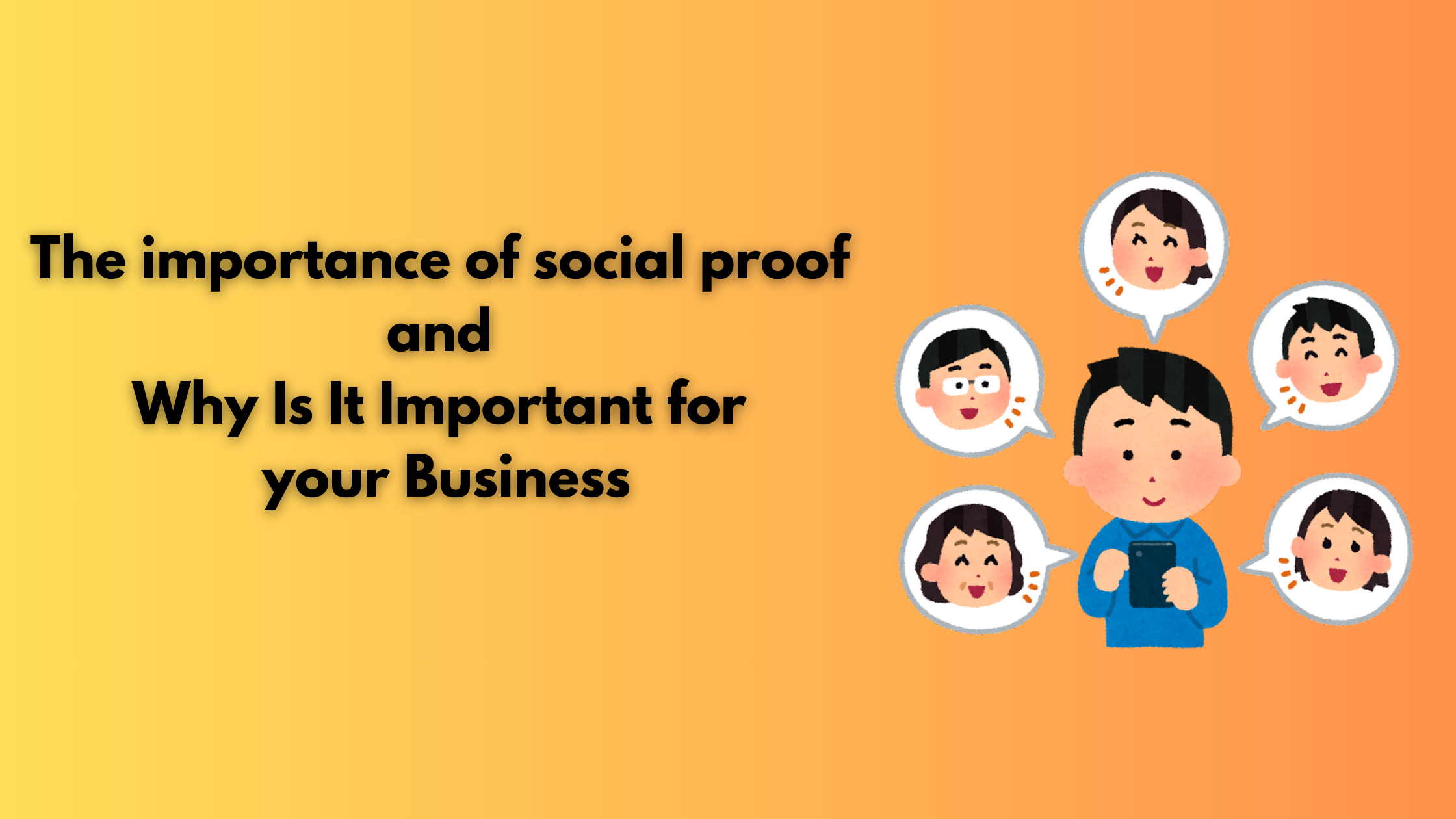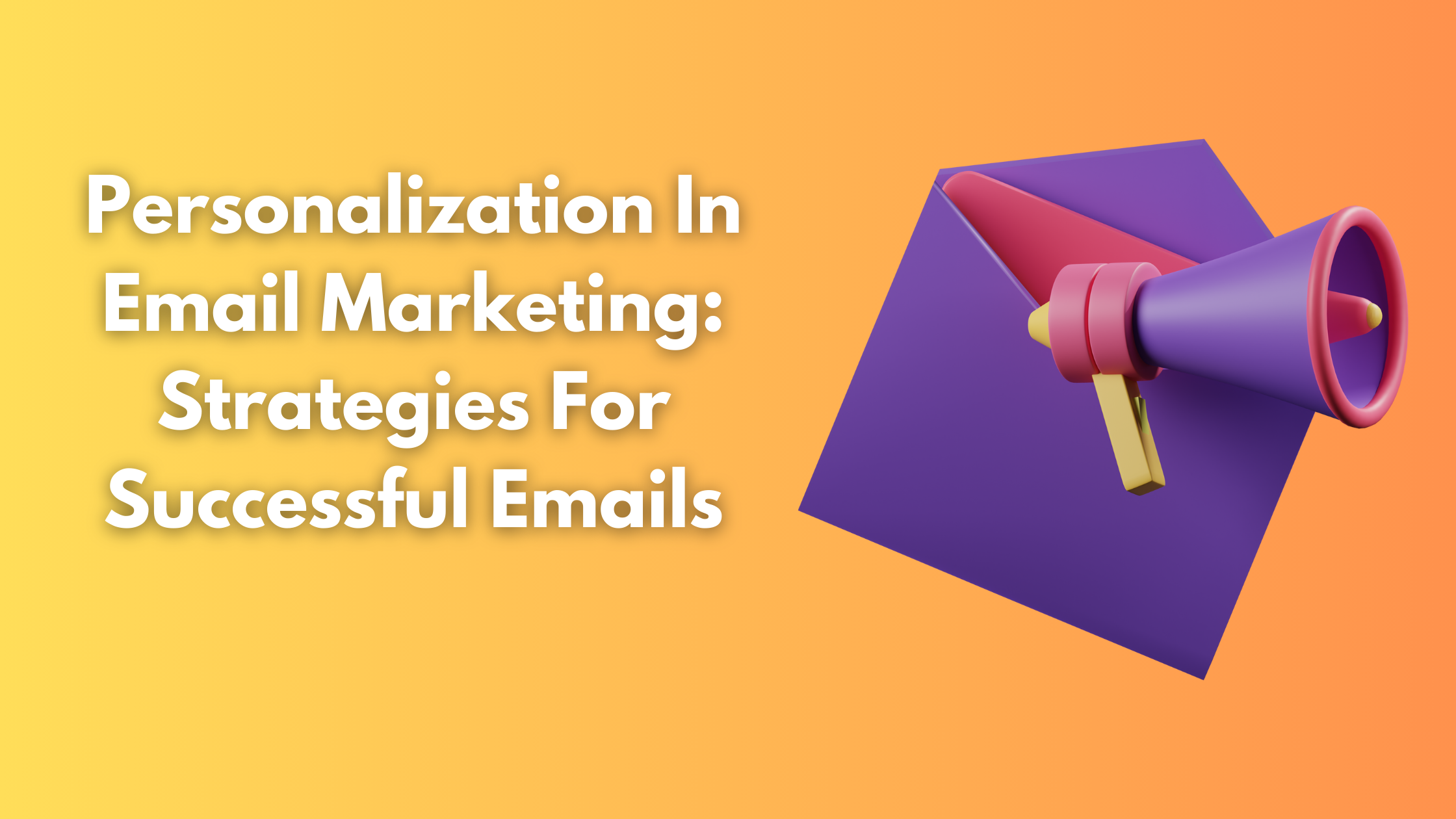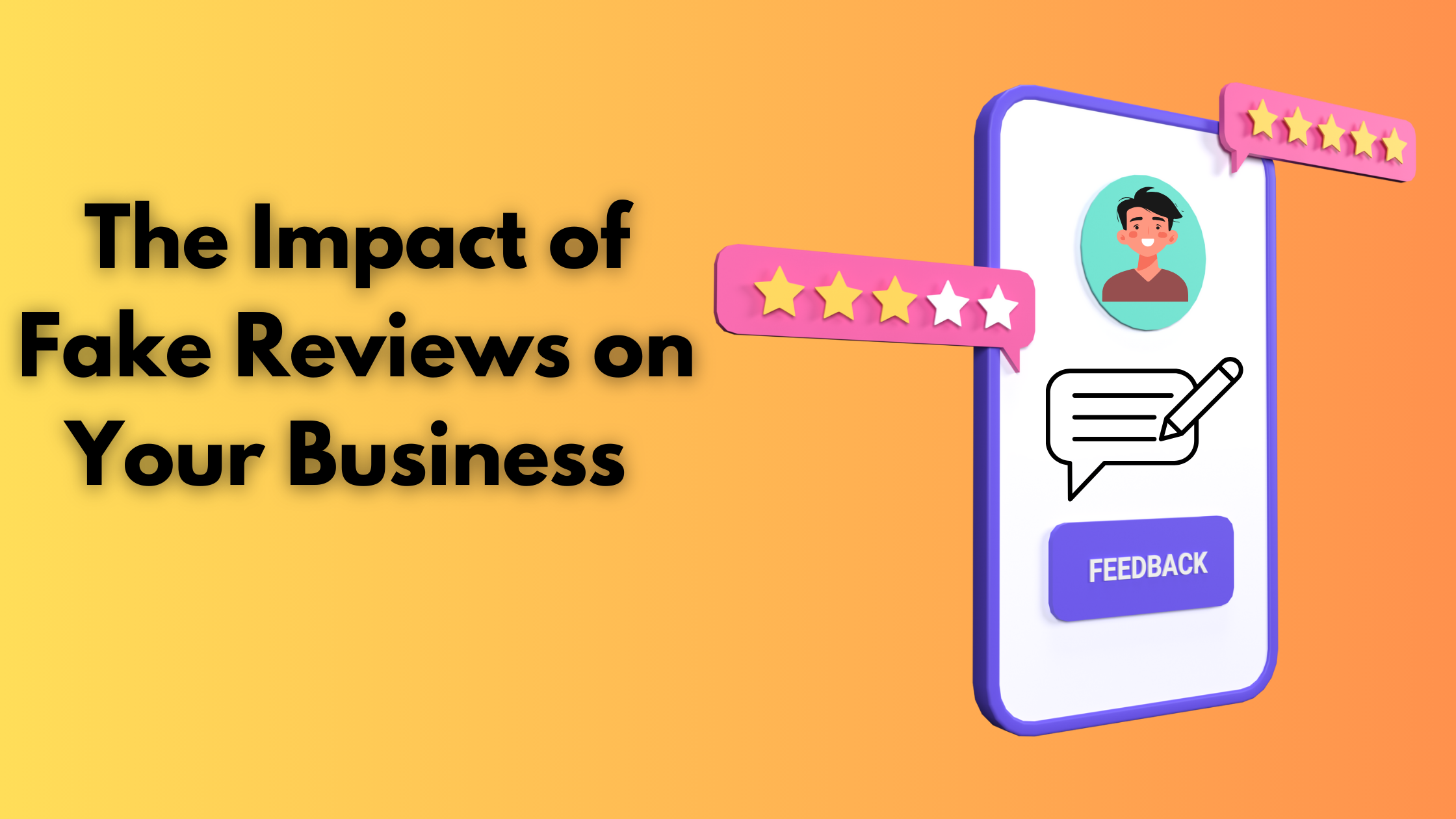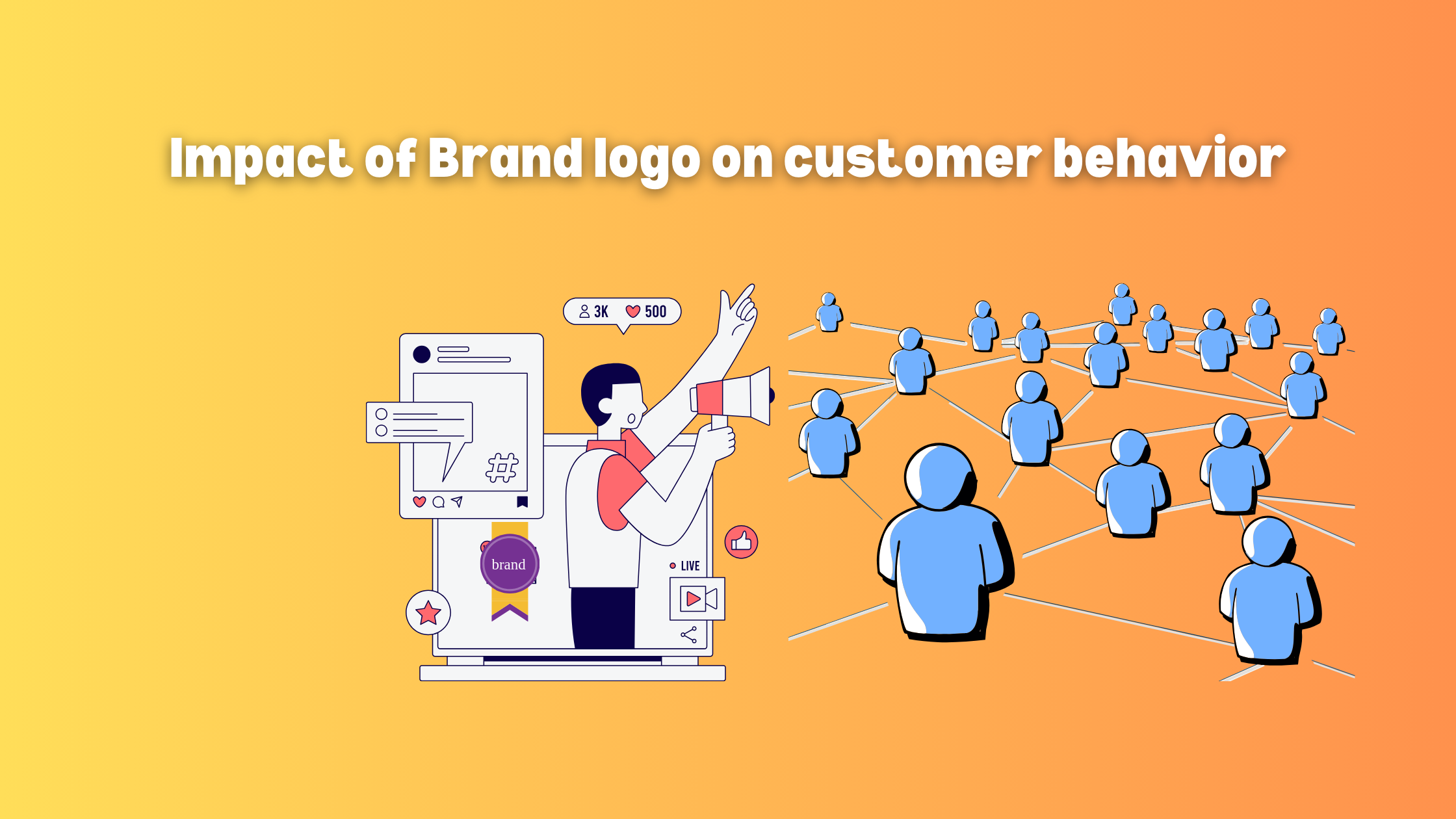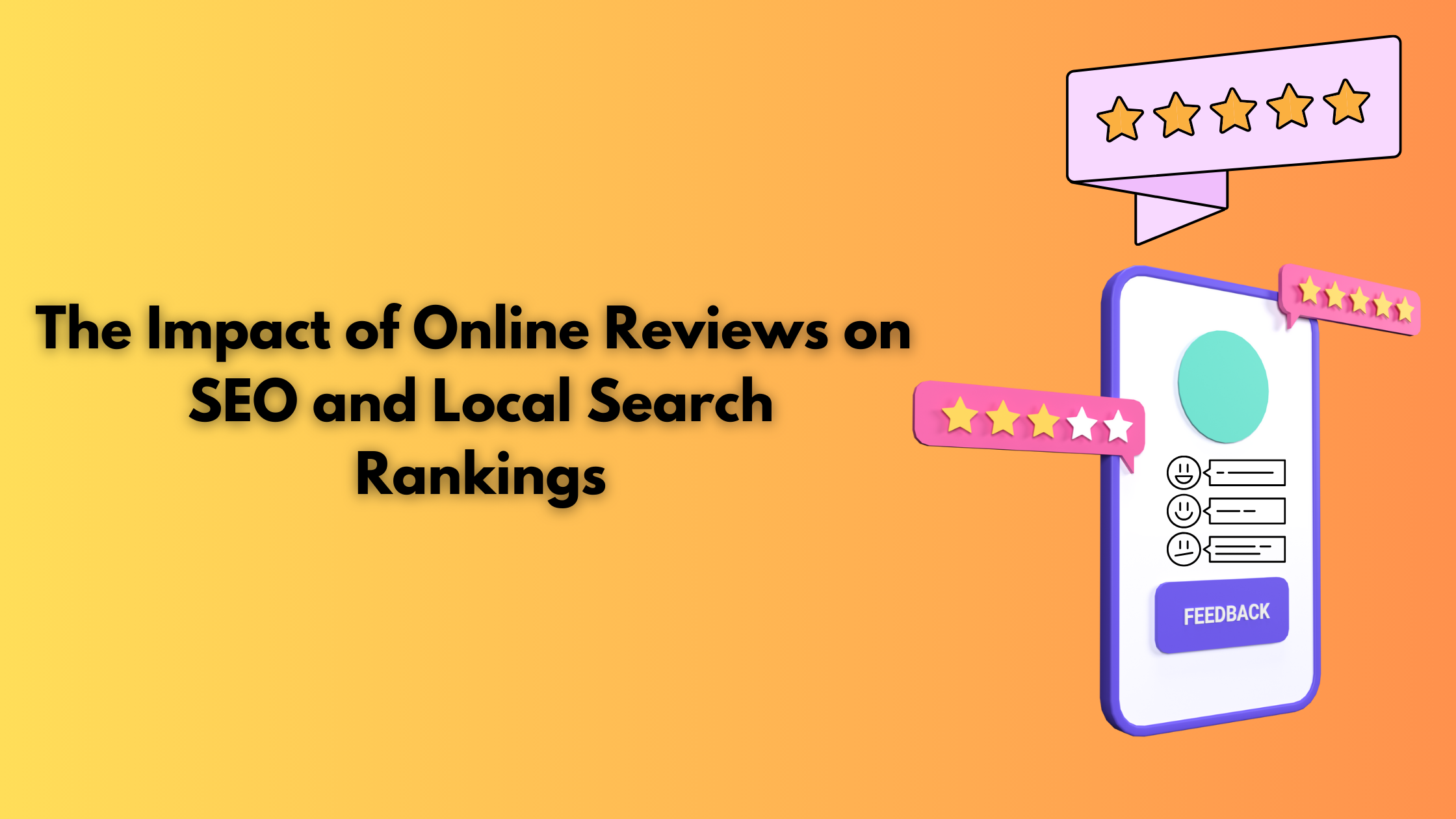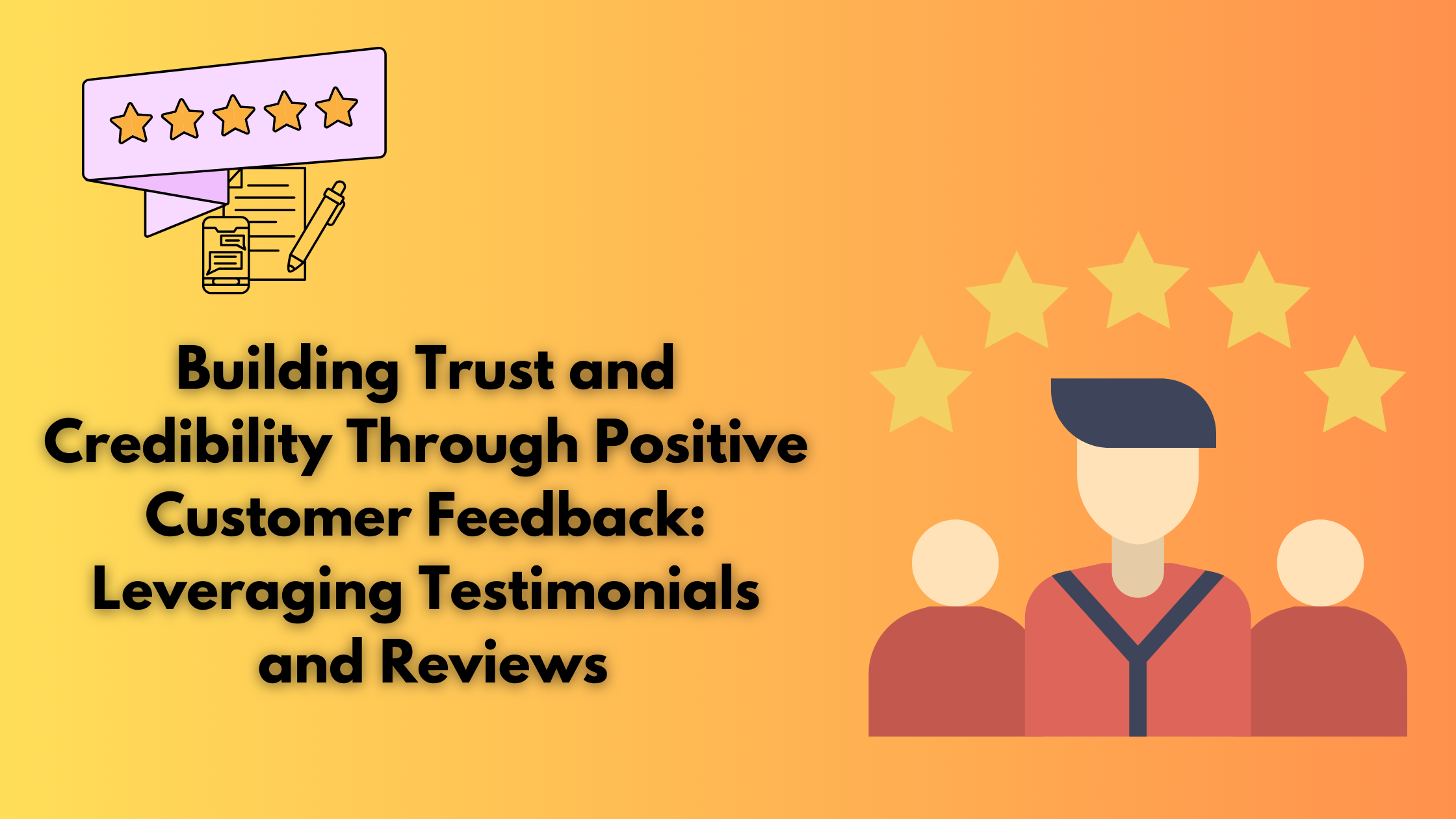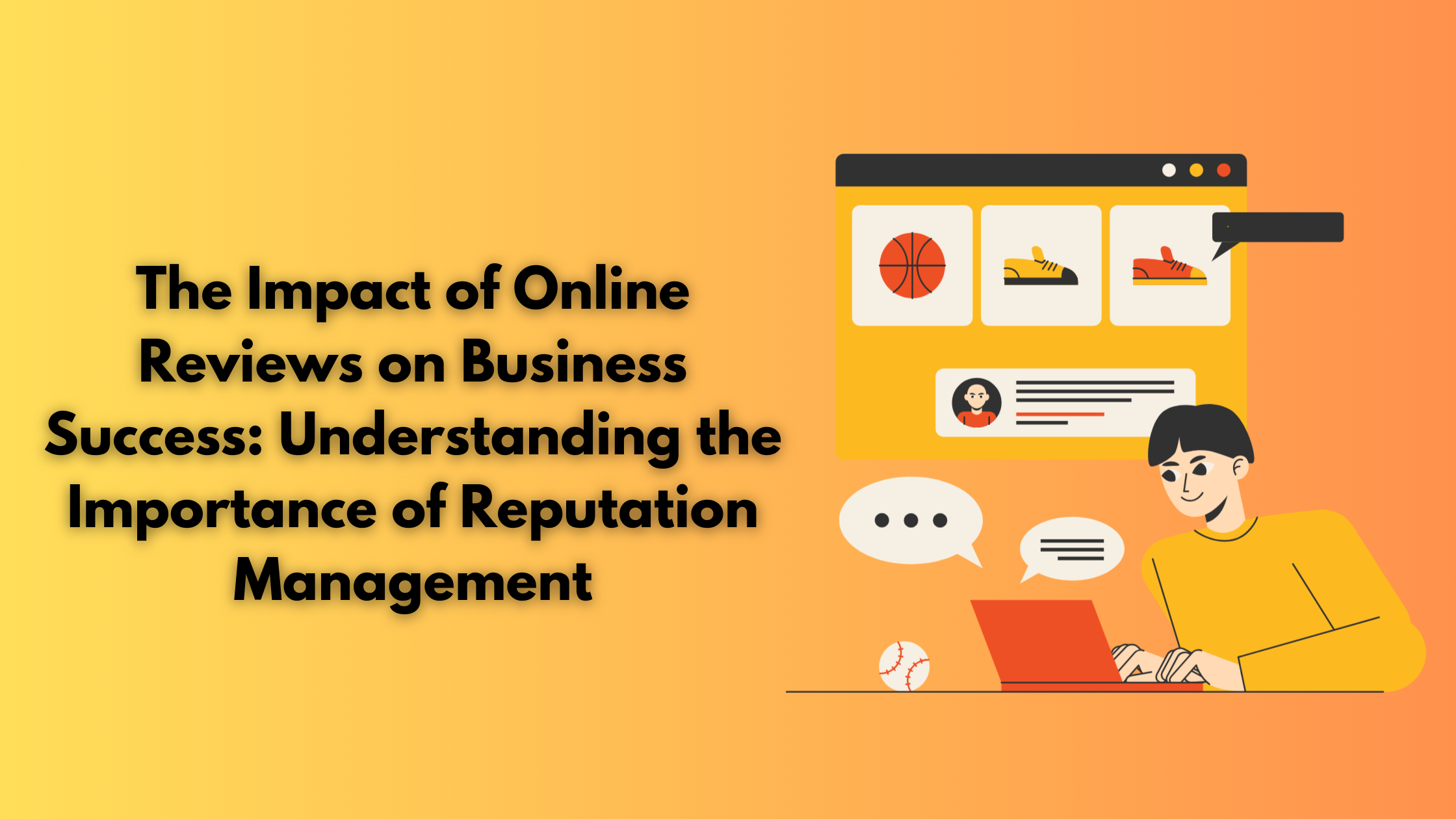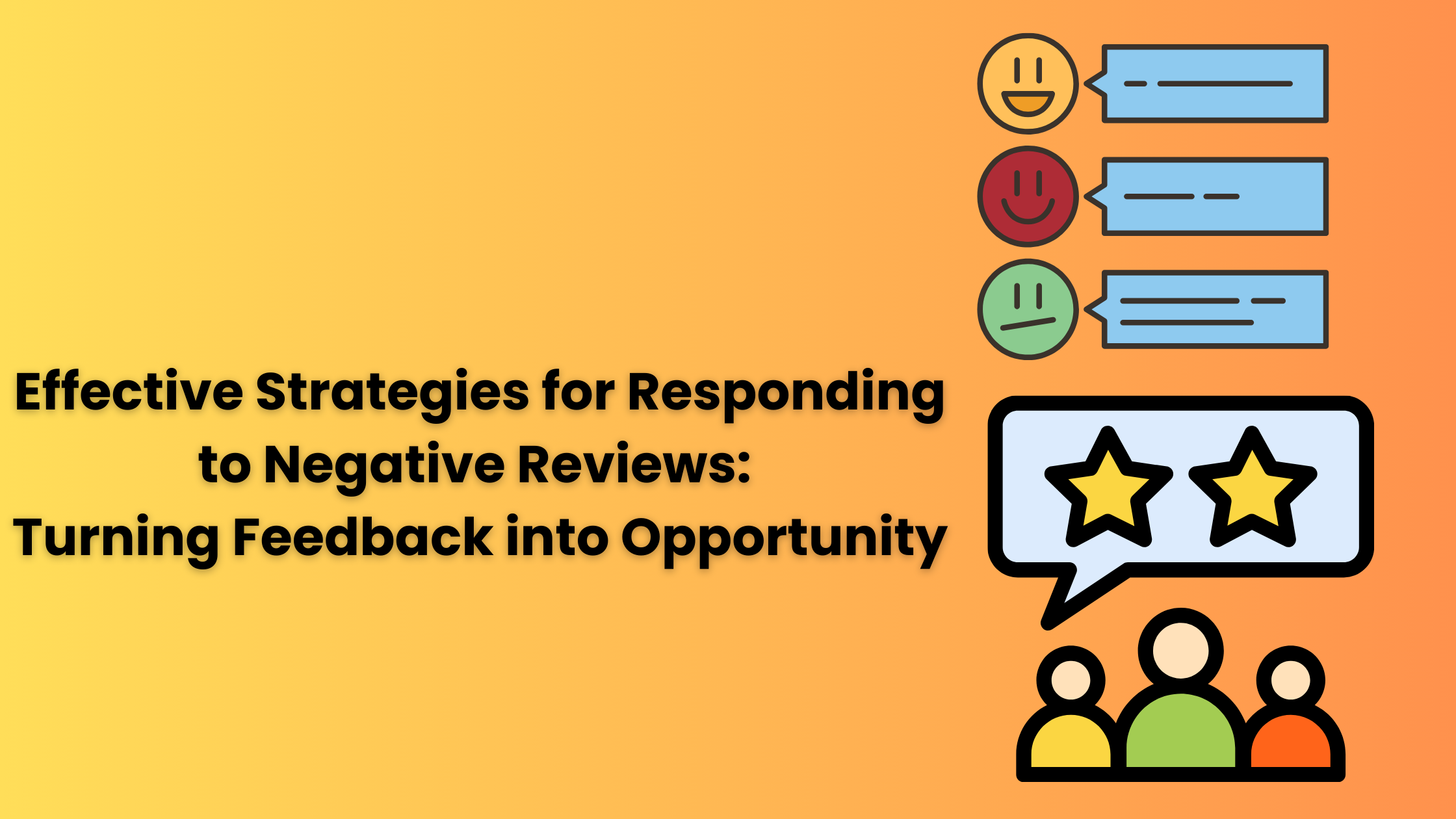
A brand’s online reputation can make or break its success. Also, nowadays consumers are more active for a longer period of time and consume more information. 75% of consumers always read an online review before making a purchase. Having a good online reputation helps in building trust and credibility with the audience.
Social media has provided a platform for users to voice their opinions about a company and their experience with it. Millions hear this feedback and it helps form a general perception of your brand. One negative comment can ruin your reputation and years of goodwill. However, maintaining a good reputation doesn’t mean zero negative reviews or damage control. It is more about displaying your strength and building strong relationships with the audience.
In this blog, we’ll learn why Online Reputation Management (ORM) is important, strategies for managing reputation, and future trends in ORM!
Why is Online Reputation Important?
Online Reputation Management is influencing, monitoring, and maintaining a brand’s reputation on the internet. It aims to provide positive and relevant information to the target audience about the brand.
ORM is very important for growing your business. 93% of users read an online review before making a purchase, and 58% are ready to pay more if the product has great reviews. It depicts how serious online reviews and online reputation are. It helps in building trust with customers. Also, according to a study, only 9% of internet users look past the first page of search results, hence, businesses need to monitor their content. A positive online reputation can boost your sales.
Strategies for managing online reputation

Here are some of the strategies that you can use to enhance and manage your online reputation.
- Audit: Conduct a total audit of your current online presence and brand’s reputation. To do so, you can use Google Analytics to analyze the current status of your business and set up Google Alerts for your brand name, product, and service etc. It notifies you whenever the specified term appears online. You can also monitor review sites such as Google Reviews, Yelp, etc. You can also search your brand on different search engines and in various locations. It tells you what shows up on the first page of search engine results.
- Manage Customer Review: Improving your customer experience can impact your brand’s reputation. If your existing customers enjoy the experience, they will likely share it with others. It is the easiest way to target relevant audiences. Encourage happy customers to leave a review. Send follow-up emails after purchase with links to review sites. Train your staff to efficiently ask for reviews. Use a review management platform to streamline the process. These tools help you in managing and monitoring online reviews across platforms.
- Negative Reviews: When it comes to review management, it is important to consider and manage negative reviews. When you get a negative review, stay calm. Try to understand the user’s concerns and problems. Why did they make such a comment? Respond within 48 hours and try to resolve the issue. Apologize to them for the inconvenience. Don’t argue with users, and if needed, continue the conversation privately.
- Positive Reviews: Positive reviews are very valuable for your business. Thank users who leave a positive review. Highlight the positive aspects they appreciated you for, and highlight your Unique Selling Propositions. Ask the happy and satisfied customers to spread a positive word-of-mouth. Encourage them to share their experiences on social media. It helps in building trust. Use positive reviews to improve the reputation of your business.
- Content: Conduct research and understand what type of content your users want. By understanding the available data, you can understand what type of content you need to enhance your reputation. If your audience is attracted to short-form content, then you should create a reel, and if your audience is interested in long-form content, then you should invest in blogs and articles. Once you have discovered your niche, you can excel at it. Share your content on social media or through an email newsletter to spread the message.
- Social Media: You must build a strong online presence on social media, especially on the platforms where your target audience is most active. However, you must maintain a strong presence on all social media channels. Create attractive, high-quality content consistently to keep the users engaged. Share a mix of content and don’t jump on any trend soon. Understand the trend and then create a post. Keep all the information on your social media platforms up-to-date and accurate. A strong social media presence helps in building trust.
- Engage: Engage with the users on social media and other mediums. Respond to online comments and online reviews, send messages, etc. You can use social listening tools to track brand mentions and industry trends. Conduct live Q&A and behind-the-scenes to build connections. Try to build strong, long-term, meaningful relationships.
- Review Management Services: Seek professional help from third parties or experts if your brand is struggling to establish or maintain a strong online reputation. It helps in tracking, monitoring, and managing your brand mentions and reviews.
- Google My Business: Optimize your Google My Business listing to manage your online reputation. Google My Business is the first thing that appears whenever someone searches for your business online. Make sure it is up-to-date and with accurate information such as hours of operation, contact information, etc. It helps the target audience reach you more conveniently. You can enhance your listing by adding high-quality images and videos that highlight your business. Visual content can make your listing more attractive. Also, regularly update your business whenever there is a change. Respond to reviews on your listing.
- Managing Reputation Crisis: Handling a reputation crisis requires a proactive approach. In such a scenario, it is important to address the issue and take necessary steps. Apologize for the inconvenience caused. Also, offer a solution to the problem. Make necessary changes and follow up with affected customers to ensure their problems are solved. Prevent a crisis before it turns out to be an uncontrollable disaster.
Future Trends in Online Reputation Management

Being aware of the future trends of online reputation can help you stay ahead. In the future, we can expect an increase in the number of video and multimedia content and a rise in artificial intelligence in reputation management. Smart algorithms can manage countless online sources to track online mentions and sentiments. It will provide you with real-time insight into what brands feel about your brand. At the same time, Google is getting smarter in analyzing content and finding things that people will like. AI can also help in drafting personalized responses for you. It can also analyze the data and use predictive analysis to forecast potential reputation issues before they occur.
Also, users will prefer more video content in the future. Short-form videos are trending today, but in the future, live streaming can be more impactful. It lets you interact with users in real time and build meaningful relationships. Optimize video content for search engines. Use keywords in titles and descriptions for enhanced visibility in search results. Improving your reputation isn’t that tough, especially when the Lumia 360 is there to guide you. We provide smart digital solutions to smart medium enterprises. Our review management software lets you manage and monitor your reviews and brand mentions in one place and boosts your online visibility.
Read Also: The Role of Podcasting in Digital Marketing: How to Create and Promote Successful Podcasts
Read Also: Psychology of Color in Web Design: How To Choose Correct Color For Your Website














